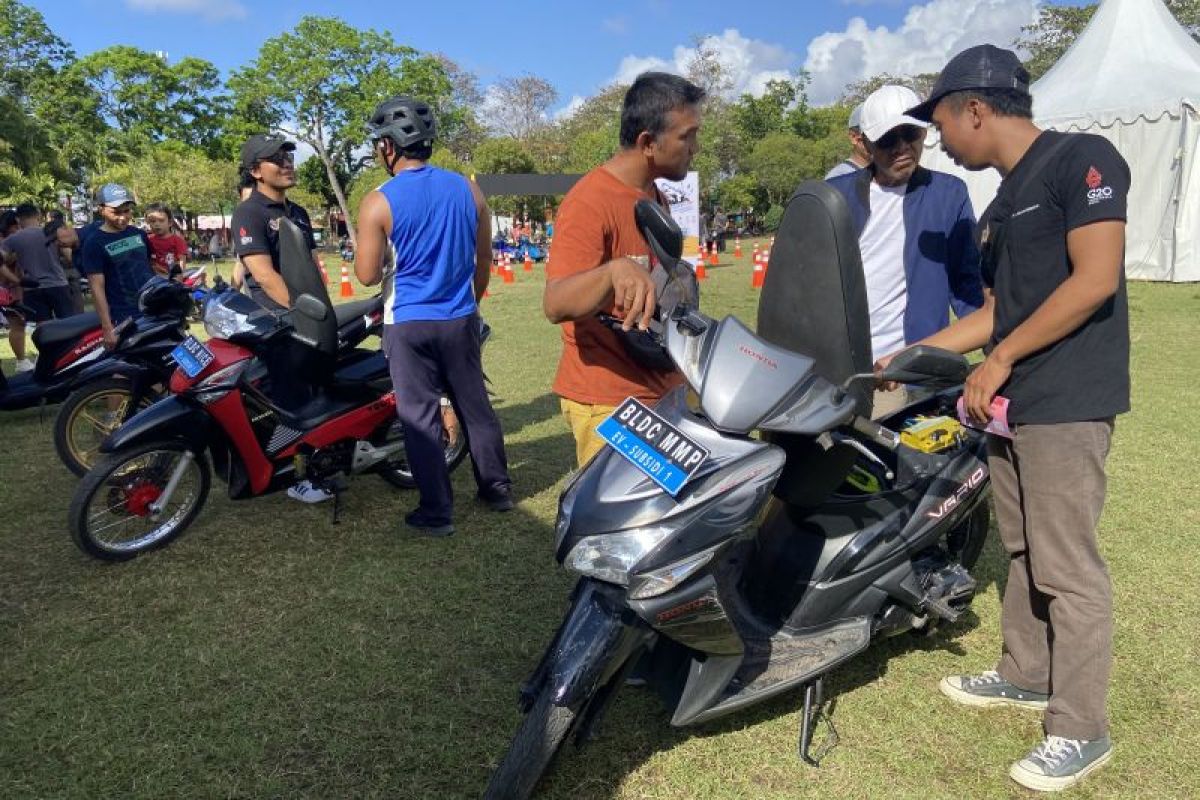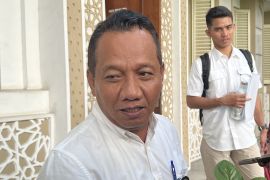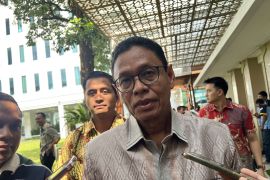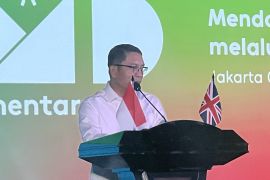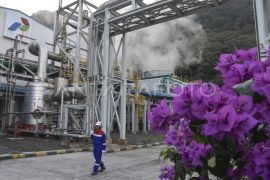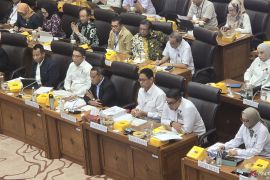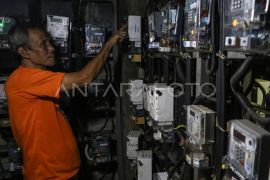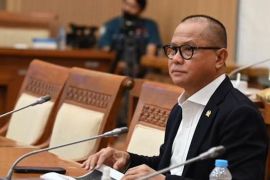Head of the Ministry's Electricity Testing Survey Center for New, Renewable Energy, and Energy Conservation, Senda Hurmuzan Kanam, said the socialization aimed to pursue the conversion target of 50 thousand units of fuel-based motorbikes into electric motorbikes.
"The purpose of this activity is to increase public interest in converting their fuel-based motorbikes into electric motorbikes by knowing the conversion process and issuance of electric vehicle certificates, which can later be seen at the coaching clinic at this socialization event," he stated in Denpasar on Sunday.
In the socialization held at Niti Mandala Renon Field, the ministry also invited related communities to the conversion of electric motorbikes and also allowed visitors to experience driving an electric motorbike, he continued.
Kanam conveyed that this conversion program was carried out by the government to reduce greenhouse gas emissions and achieve the net zero emission target by 2060.
He explained that the main reason for the government's decision to convert fuel-based motorcycles is because the population of fuel-based motorcycles is more than 120 million units and the growth trend is reaching 5–6 percent per year.
"Regarding emissions, every one liter of fuel produces 2.5 kilograms of emissions. If we have 120 million motorcycles, the emissions are around 300 million kilograms per day. In terms of potential fuel savings, it can reach 51.6 million barrels/year assuming one motorcycle could save 354 liters/year of fuel and reduce emissions by 0.7 tons of CO2/year," he disclosed.
Moreover, he said that the conversion program has a target of converting six million units by 2030.
To support this, the government will subsidize Rp7 million for motorbike owners to convert their conventional motorbikes to electric motorbikes, with an actual cost of Rp15 million, Kanam mentioned.
This subsidy fund is channeled through a certified conversion workshop and will be recorded on the Electric Motor Conversion digital platform, he added.
Apart from that, the government also offers another scheme, namely the conversion of a battery swap, which is considered to be able to reduce the cost of conversion even more because the battery, as a more expensive component, belongs to the provider, not the motorbike owner.
"Batteries are owned by battery swap providers and are not charged to consumers or motorcycle owners. In addition, the waiting time for charging the battery is very fast because an empty battery can be swapped with a full battery at the Public Electric Vehicle Battery Exchange Station (SPBKLU)," Kanam noted.
The existence of these two alternatives is expected to be able to attract public interest and also encourage the development of the main component industries, namely micro, small, and medium enterprises (MSMEs) conversion and service workshops, metal smelting, and battery waste management, as well as employment development, namely electric motorbike conversion technicians.
Related news: Jokowi promises electric vehicles for vocational school in Bengkulu
Related news: West Java potentially becomes RI's first region to switch to EVs: BI
Related news: MSME-converted electric scooter a good start: minister
Translator: Ni Putu Putri M, Resinta S
Editor: Azis Kurmala
Copyright © ANTARA 2023
